Crocin
Crocin is a carotenoid chemical compound responsible for the red color of saffron and has antioxidant, anti-inflammatory, and potential neuroprotective properties, studied for its therapeutic effects in various health conditions.
Overview
The unique chemical structure of crocin allows it to exhibit strong antioxidant properties, scavenging free radicals and protecting cells from oxidative stress. This mechanism underlies many of its therapeutic effects, including the potential to improve cognitive function, reduce symptoms of depression, and inhibit the growth of cancer cells.
Crocin Key Features
– Natural Source: Extracted from saffron stigmas, Crocus sativus.
– Bioactivities: Exhibits antioxidant, antidepressant, anticancer, and neuroprotective properties.
– Uses: Utilized in traditional medicine, as a dietary supplement, and as a natural coloring agent in the food and cosmetic industries.
Crocin Applications
– Mental Health: Studies suggest crocin may help in treating depression and improving mood, possibly through its effects on neurotransmitters and neuroinflammation.
– Neuroprotection: Its antioxidant properties are believed to protect neurons, potentially slowing the progression of neurodegenerative diseases like Alzheimer’s.
– Cancer Research: Crocin has shown promise in inhibiting the growth of various cancer cell lines, with research ongoing into its mechanisms and potential as a complementary therapy.
– Vision Health: There is evidence to suggest crocin may improve retinal health and vision quality, making it of interest for eye health supplements.
Crocin Functions
– Antioxidant Activity: Scavenges free radicals, reducing oxidative stress and preventing cellular damage.
– Modulation of Neurotransmitter Levels: Influences the levels of serotonin and other neurotransmitters, contributing to its antidepressant effects.
– Inhibition of Cancer Cell Proliferation: Interferes with the pathways that cancer cells use to grow and spread, highlighting its anticancer potential.
Details
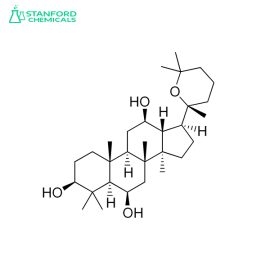
| Available Sizes | 30 capsules, 60 capsules, 90 capsules |
|---|---|
| Key Ingredient | High-quality, pure Panaxatriol extract |
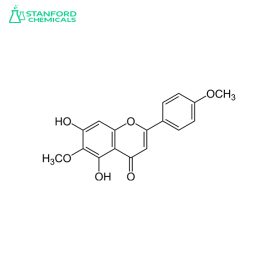
| Available Sizes | 30 capsules, 60 capsules, 120 capsules |
|---|---|
| Key Ingredient | High-quality, pure Pectolinarigenin extract |
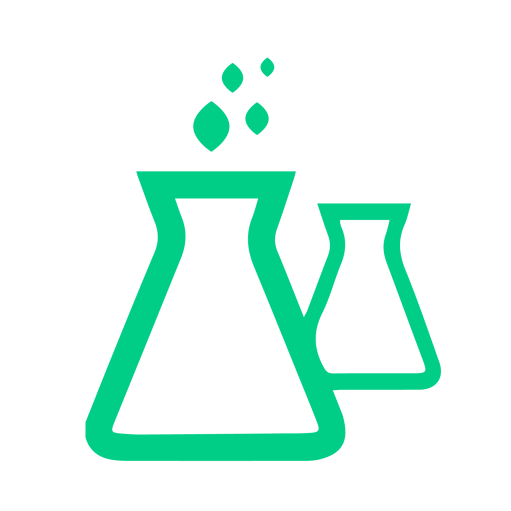
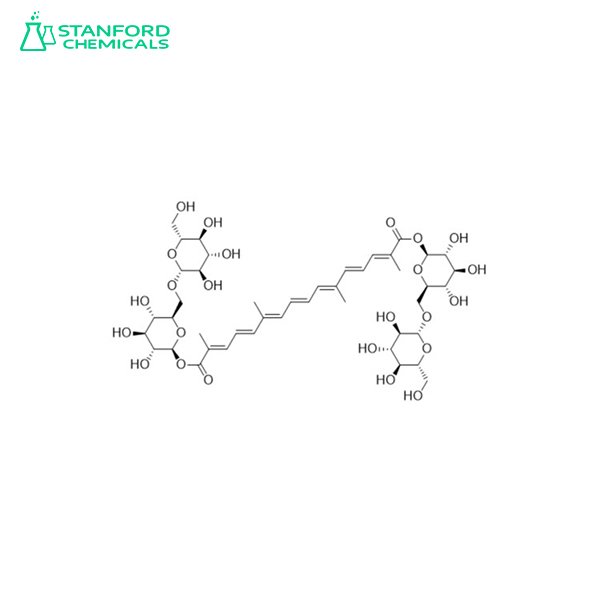
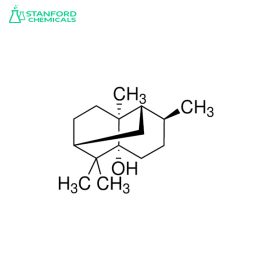
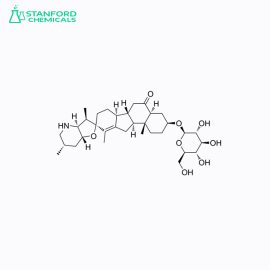
Reviews
There are no reviews yet.